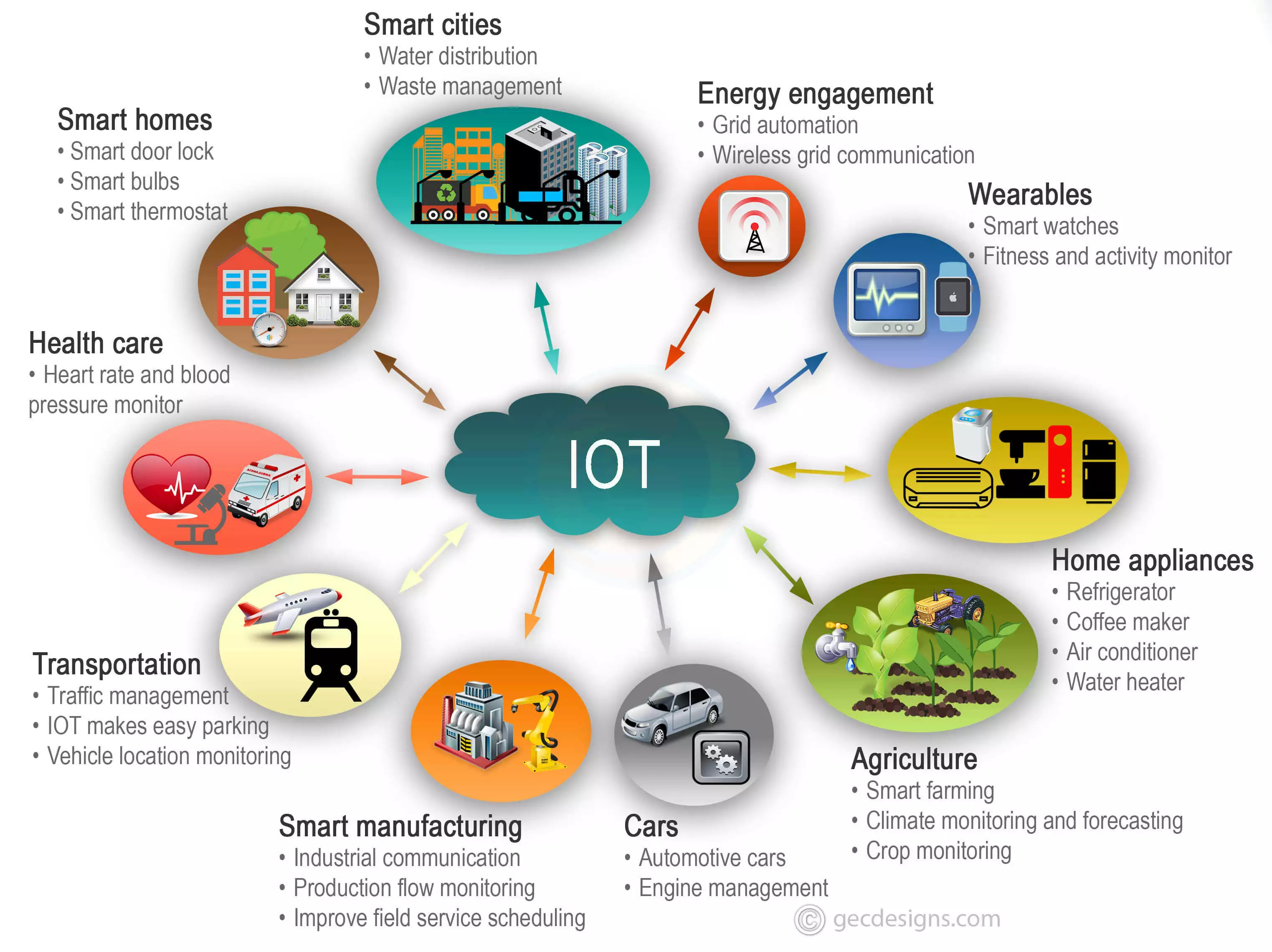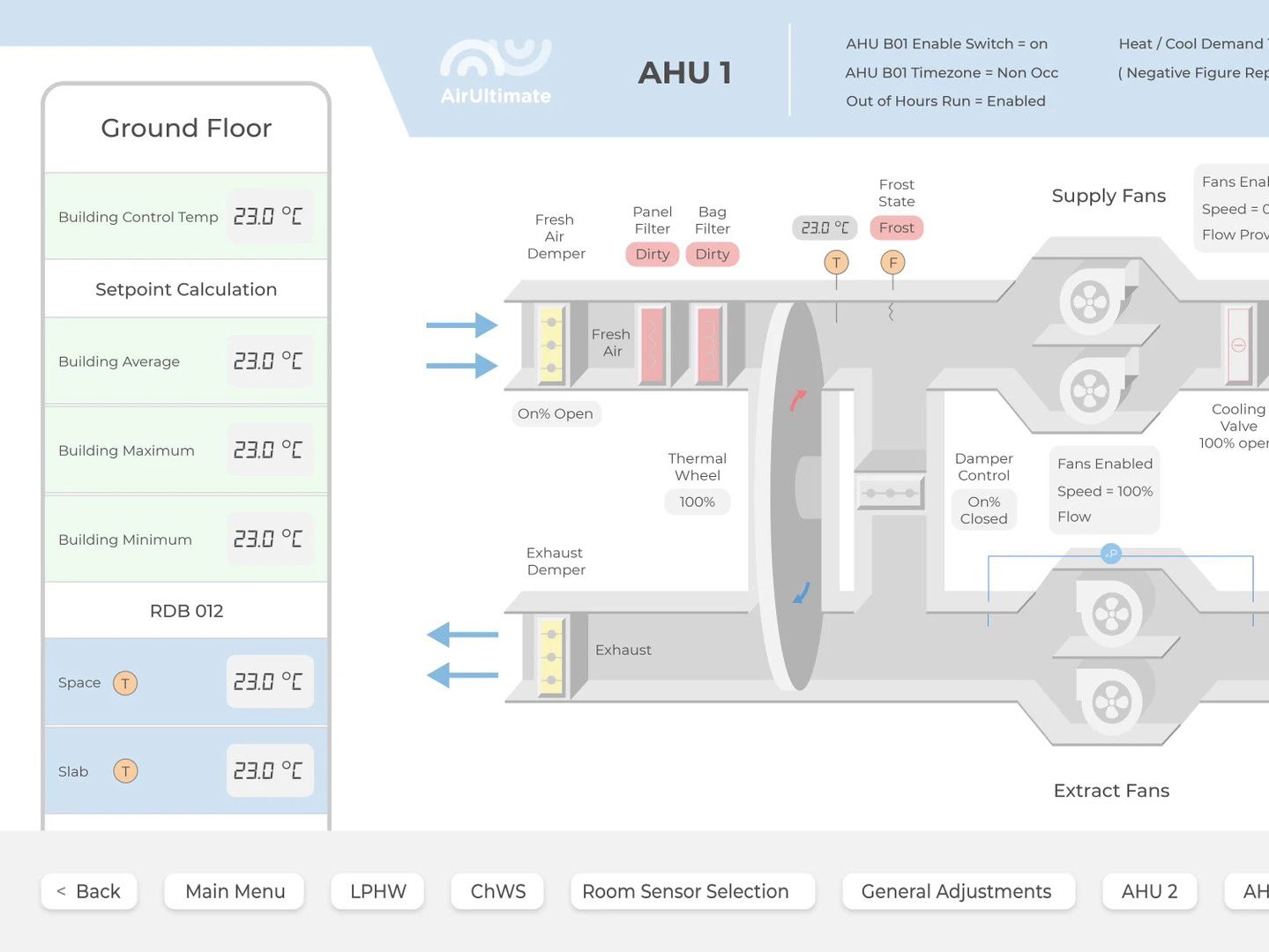Best SSH IoT Platform For Raspberry Pi: A Secure Guide
Are you ready to unleash the full potential of your Raspberry Pi in the burgeoning world of the Internet of Things? The key lies in selecting the right SSH IoT platform, a decision that can make or break your project's security, efficiency, and overall success.
The Internet of Things (IoT) is rapidly transforming our world, connecting devices and systems in unprecedented ways. At the heart of many IoT projects, particularly those favored by developers and hobbyists, lies the Raspberry Pi, a versatile and affordable single-board computer. However, to truly harness the power of a Raspberry Pi in an IoT environment, a robust and secure communication channel is paramount. This is where Secure Shell (SSH) and dedicated IoT platforms come into play.
| SSH IoT Platform Key Features | |
|---|---|
| Core Functionality | Secure remote access and control of Raspberry Pi devices within an IoT network. |
| Security | Encryption of communication channels to protect sensitive data transmitted between devices and the central server. |
| Remote Management | Ability to remotely configure, update, and troubleshoot Raspberry Pi devices, reducing the need for physical access. |
| Scalability | Support for managing a large number of Raspberry Pi devices, making it suitable for both small and large-scale IoT deployments. |
| Automation | Tools for automating tasks and processes, such as device provisioning, software updates, and data collection. |
| Data Analytics | Integration with data analytics platforms to analyze data collected from Raspberry Pi devices and gain valuable insights. |
| Device Management | Features for monitoring device status, tracking device location, and managing device inventory. |
| Ease of Use | User-friendly interface and comprehensive documentation to simplify the setup and management of Raspberry Pi devices. |
| Cost-Effectiveness | Affordable pricing plans and open-source options to make it accessible to a wide range of users. |
| Community Support | Active community of users and developers providing support and sharing knowledge. |
| Reference | Raspberry Pi Official Website |
SSH, or Secure Shell, establishes an encrypted connection between your Raspberry Pi and another device, be it a computer, server, or even another Raspberry Pi. This secure channel is crucial for protecting sensitive data and preventing unauthorized access to your devices, especially in a remote setting. Imagine deploying a network of Raspberry Pi-based sensors in a remote location; without SSH, the data they collect and transmit would be vulnerable to interception and manipulation.
- Free Remote Raspberry Pi Access Windows Iot Guide 2024
- John Ohurley Age Discover His Life Career More
Selecting the best SSH IoT platform for your Raspberry Pi is not merely about choosing a piece of software; it's about building a secure, reliable, and scalable foundation for your IoT project. The right platform will simplify device management, enhance security protocols, and unlock the full potential of remote operations. It is about minimizing downtime and maximizing efficiency with secure communication.
Remote SSH platforms go beyond simply providing secure access; they streamline the entire process of managing your Raspberry Pi devices remotely. These platforms offer a centralized interface for monitoring device status, configuring settings, and deploying updates. This eliminates the need for manual intervention on each device, saving you time and effort, especially when dealing with a large number of deployed units. Furthermore, these platforms often incorporate advanced security features, such as two-factor authentication and intrusion detection, to further protect your devices from unauthorized access.
The growing popularity of IoT devices has led to a proliferation of SSH IoT platforms, each offering a unique set of features and capabilities. Choosing the right platform can be a daunting task, requiring careful consideration of your project's specific needs and requirements. This is where this exploration becomes essential, providing you with the knowledge and insights necessary to make an informed decision.
- Remote Iot Firewall Examples Security Tips Solutions
- Suzanne Alexander Broadcast Veteran Country Music Icon
Here's a deeper dive into some of the considerations involved in selecting the optimal SSH IoT platform for your Raspberry Pi:
Security: The Foundation of Trust
In the interconnected world of IoT, security is paramount. An SSH IoT platform must provide robust security features to protect your Raspberry Pi devices and the data they collect. Look for platforms that offer:
- Strong Encryption: Encryption algorithms like AES-256 to secure communication channels.
- Two-Factor Authentication: An extra layer of security to prevent unauthorized access.
- Regular Security Audits: Independent audits to identify and address potential vulnerabilities.
- Intrusion Detection: Systems that monitor for and alert you to suspicious activity.
Remote Management: Simplifying Complexity
Managing a fleet of Raspberry Pi devices remotely can be a complex undertaking. The right SSH IoT platform should simplify this process with features like:
- Centralized Dashboard: A single point of control for monitoring device status and performance.
- Remote Configuration: The ability to configure device settings remotely, without physical access.
- Over-the-Air (OTA) Updates: Seamless deployment of software updates to all devices.
- Troubleshooting Tools: Remote access to logs and diagnostic tools to quickly identify and resolve issues.
Scalability: Preparing for Growth
Your IoT project may start small, but it's important to choose an SSH IoT platform that can scale to meet your future needs. Consider platforms that offer:
- Support for a Large Number of Devices: The ability to manage hundreds or even thousands of Raspberry Pi devices.
- Flexible Architecture: A platform that can adapt to changing requirements and new technologies.
- Load Balancing: Distribution of workload across multiple servers to ensure optimal performance.
- Automated Provisioning: Streamlined process for adding new devices to the network.
Reliability: Ensuring Uptime
Downtime can be costly, especially in critical IoT applications. Choose an SSH IoT platform that prioritizes reliability with features like:
- Redundant Infrastructure: Backup systems to ensure continuous operation in case of failure.
- Automatic Failover: Seamless transition to backup systems in the event of a primary system failure.
- Monitoring and Alerting: Real-time monitoring of device status and automatic alerts for potential issues.
- Service Level Agreements (SLAs): Guarantees of uptime and performance from the platform provider.
Key Platforms and Considerations
While specific platform recommendations can vary depending on individual needs, here are some categories and examples of platforms that offer SSH capabilities relevant to Raspberry Pi IoT deployments:
- Cloud-Based IoT Platforms: AWS IoT Core, Microsoft Azure IoT Hub, Google Cloud IoT Platform. These platforms offer comprehensive IoT services, including device management, data analytics, and secure connectivity. They typically support SSH tunneling or other secure remote access methods.
- Open-Source IoT Platforms: ThingsBoard, Eclipse IoT, OpenRemote. These platforms provide a flexible and customizable solution for building IoT applications. They often integrate with SSH or offer alternative secure remote access options.
- Dedicated SSH Management Tools: Tools like mRemoteNG or PuTTY can be used to manage SSH connections to multiple Raspberry Pi devices. While not specifically IoT platforms, they can be valuable for managing SSH access in smaller deployments.
When evaluating platforms, consider the following factors:
- Pricing: Understand the platform's pricing model and ensure it aligns with your budget.
- Ease of Use: Choose a platform that is easy to set up and use, even for users with limited technical expertise.
- Community Support: Look for platforms with a strong community of users and developers who can provide support and assistance.
- Integration Capabilities: Ensure the platform integrates with other tools and services you use in your IoT project.
Leveraging Device Management, Data Analytics, and Machine Learning
Many SSH IoT platforms extend their functionality beyond basic remote access and security, offering powerful tools for device management, data analytics, and even machine learning. These features can significantly enhance the value of your IoT project.
- Device Management: Remotely configure, monitor, and update your Raspberry Pi devices. Track device location, manage device inventory, and ensure devices are functioning correctly.
- Data Analytics: Collect and analyze data from your Raspberry Pi devices to gain valuable insights. Identify trends, detect anomalies, and optimize device performance.
- Machine Learning: Use machine learning algorithms to predict device behavior, automate tasks, and improve decision-making. For example, you could use machine learning to predict when a device is likely to fail and schedule maintenance proactively.
Future Trends in Remote IoT Platforms
The field of remote IoT platforms is constantly evolving, with new technologies and trends emerging all the time. Staying on top of these trends will help you unlock the full potential of remote IoT platforms in your projects. Here are a few key trends to watch:
- Edge Computing: Processing data closer to the source, on the Raspberry Pi itself, to reduce latency and improve performance.
- Artificial Intelligence (AI) at the Edge: Running AI models on the Raspberry Pi to enable intelligent decision-making without relying on the cloud.
- 5G Connectivity: Leveraging the high bandwidth and low latency of 5G networks to enable new IoT applications.
- Blockchain Security: Using blockchain technology to enhance the security and integrity of IoT data.
Think of these trends as a crystal ball for the future of tech, providing glimpses into the possibilities that lie ahead. By embracing these advancements, you can stay ahead of the curve and build innovative IoT solutions that leverage the power of remote SSH platforms.
Ultimately, choosing the best remote IoT platform that supports SSH key authentication for your Raspberry Pi is the cornerstone of building secure and efficient IoT solutions. It requires a thorough understanding of your project's requirements, a careful evaluation of available platforms, and a commitment to staying informed about the latest trends and technologies. Armed with this knowledge, you can unlock the full potential of your Raspberry Pi and create innovative IoT solutions that make a real-world impact.
With the growing popularity of IoT devices, choosing the best platform for remote SSH on Raspberry Pi is a decision that impacts efficiency, security, and overall project success. It's a crucial step toward maximizing efficiency and minimizing downtime, ensuring your IoT deployments are both robust and reliable.
- Somali Telegram Channels Find Real Groups Avoid Scams
- Play Unblocked Games G Free Games For School Work

How Do I SSH Into An IoT Device Using A Comprehensive Guide

Best Remote SSH IoT Over Internet Secure And Efficient Solutions

Best IoT Management Platform SSH Free A Comprehensive Guide To